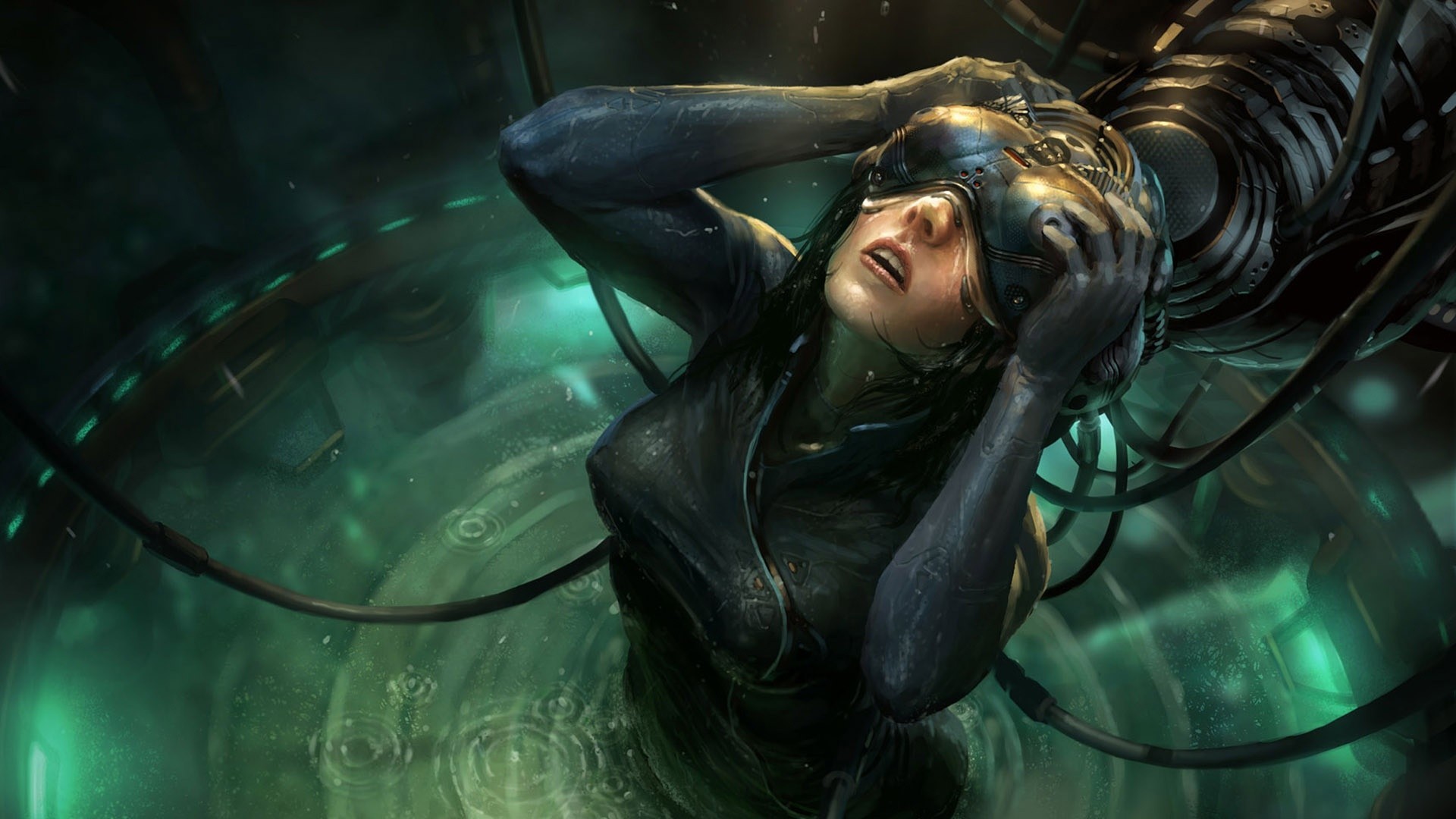Science Fiction Study Guide: Difference between revisions
From Gerald R. Lucas
(Created page.) |
m (Added note.) |
||
| Line 19: | Line 19: | ||
=== Anthologies === | === Anthologies === | ||
* {{cite book |date=1993 |title=Norton Book of Science Fiction |editor1-last=Le Guin |editor1-first=Ursula K. |editor2-last=Atteberry |editor2-first=Brian |url=https://amzn.to/2Ebp0Cj |location=New York |publisher=W. W. Norton |pages= |isbn= |author-link= |ref=harv }} | * {{cite book |date=1993 |title=Norton Book of Science Fiction |editor1-last=Le Guin |editor1-first=Ursula K. |editor2-last=Atteberry |editor2-first=Brian |url=https://amzn.to/2Ebp0Cj |location=New York |publisher=W. W. Norton |pages= |isbn= |author-link= |ref=harv }} A solid anthology beginning mid-century. Le Guin’s introduction is a must-read for students of sf. See my [[July 20, 2020|outline for study]]. | ||
=== Criticism === | === Criticism === | ||
Latest revision as of 09:49, 24 July 2020
Resources for the study of sf: science and speculative fiction.
Science fiction (“sf”) is a genre of speculative fiction that typically deals with imaginative and futuristic concepts such as advanced science and technology, space exploration, time travel, parallel universes, and extraterrestrial life. It has been called the "literature of ideas", and often explores the potential consequences of scientific, social, and technological innovations. Continue reading on Wikipedia ».
You might begin with my own writing on science fiction. I have essays that cover many of the texts that I teach, and I update it when I find the opportunity.
Reference Resources
General
Subgenre
Bibliography
Anthologies
- Le Guin, Ursula K.; Atteberry, Brian, eds. (1993). Norton Book of Science Fiction. New York: W. W. Norton. A solid anthology beginning mid-century. Le Guin’s introduction is a must-read for students of sf. See my outline for study.
Criticism
- Ballard, J. G. (1996). A User's Guide to the Millennium. New York: Picador USA. Essays, with a whole chapter on science fiction.
Essays
- Ellis, Lindsey (July 13, 2020). "How Science Fiction Makes Sense of the Present". Good Reads. Retrieved 2020-07-23.
